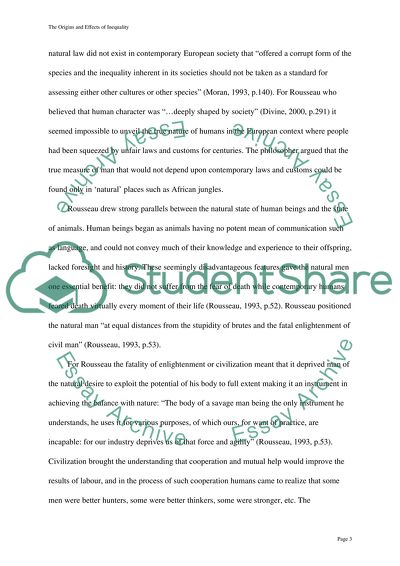Cite this document
(“Jean-Jacques Rousseau - The Origins and Effects of Inequality Essay”, n.d.)
Jean-Jacques Rousseau - The Origins and Effects of Inequality Essay. Retrieved from https://studentshare.org/philosophy/1514194-rousseaus-theories
Jean-Jacques Rousseau - The Origins and Effects of Inequality Essay. Retrieved from https://studentshare.org/philosophy/1514194-rousseaus-theories
(Jean-Jacques Rousseau - The Origins and Effects of Inequality Essay)
Jean-Jacques Rousseau - The Origins and Effects of Inequality Essay. https://studentshare.org/philosophy/1514194-rousseaus-theories.
Jean-Jacques Rousseau - The Origins and Effects of Inequality Essay. https://studentshare.org/philosophy/1514194-rousseaus-theories.
“Jean-Jacques Rousseau - The Origins and Effects of Inequality Essay”, n.d. https://studentshare.org/philosophy/1514194-rousseaus-theories.


